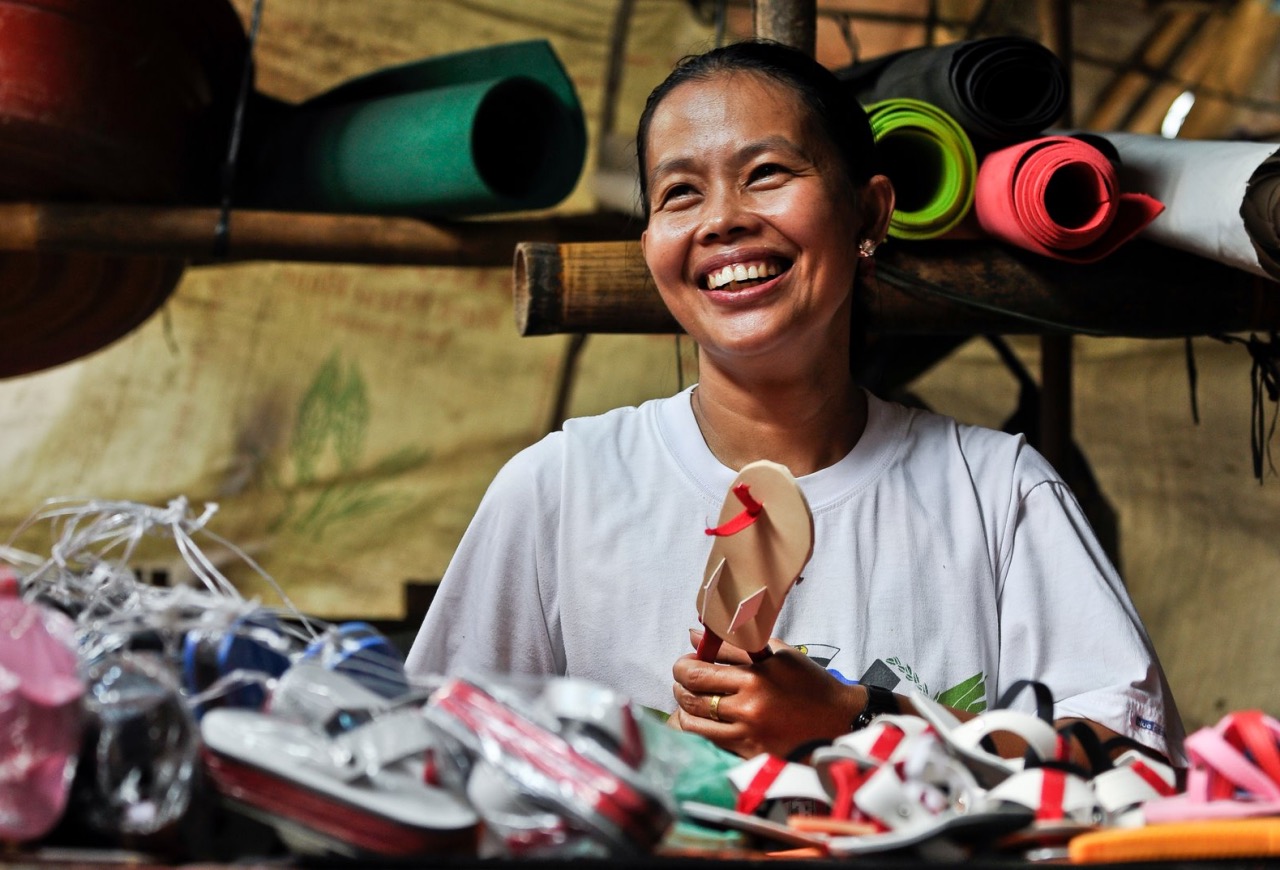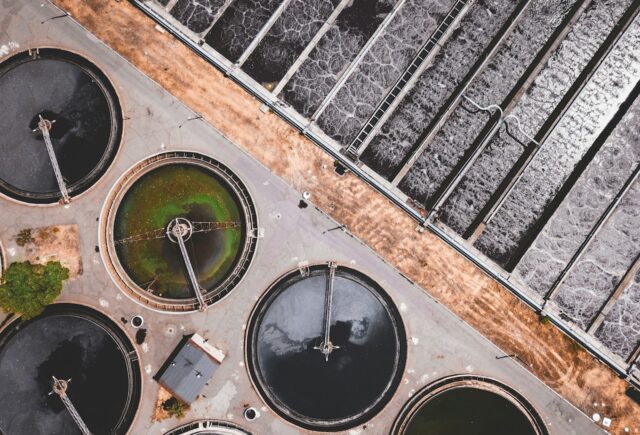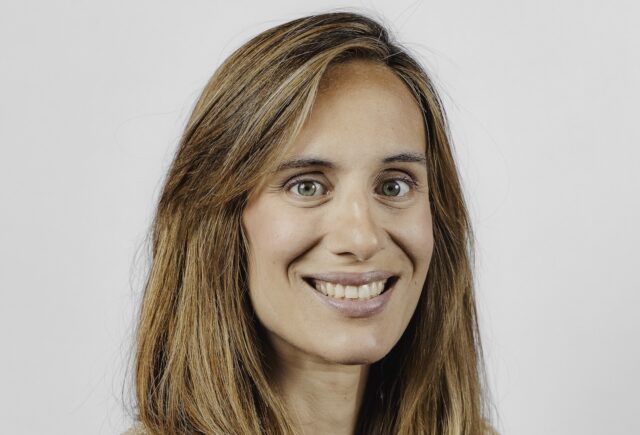BlueOrchard’s acquisition by Schroders three years ago has opened up new possibilities for the impact investment manager but its core objectives are unchanged, according to CEO Philipp Mueller

In brief
- Since its acquisition by Schroders in 2019, BlueOrchard has benefited from the investment powerhouse’s global reach and technology
- Being part of a established group facilitates investment in longer-term projects
- Climate-related insurance set to be an important focus in coming years
As impact investment becomes an increasingly important consideration for financial institutions, pioneering firms are moving into the mainstream.
One indicator of this trend is the eagerness of larger investment institutions to snap up some of these successful smaller players, as they seek to beef up their own impact portfolios and take advantage of the work done by the boutiques to de-risk the sector.
The acquisition of Zurich-based impact investment manager BlueOrchard by Schroders in 2019 is a good example. The purchase of another Swiss impact investing trailblazer responsAbility by UK-based M&G, announced in January this year, is another.

But do the benefits of becoming part of a larger financial group with more reach outweigh the potential limitations on decision-making? Philipp Mueller, BlueOrchard’s chief executive officer says they do.
“We are now a few years into this partnership, and I can say it’s been a positive experience from our side. In Schroders we found a like-minded partner which is also long-term oriented. They have an intrinsic interest in impact investing and sustainability, and we have been supported right from the top of the group,” he tells Impact Investor.
BlueOrchard had been supporting financial inclusion for nearly two decades by the time it was acquired, having been established in 2001 under a UN initiative as a commercial manager of microfinance debt investments, before developing into a fully-fledged impact investment manager.
Leveraging Schroders’ clout
The company had invested more than $9bn in over 90 countries by the end of 2021, promoting improved access to financial and related services in emerging and frontier markets, and benefiting an estimated 230 million people on low incomes. Earlier this month, it launched its latest fund, a $300m (€283m) private equity fund to help develop financial services for people with low incomes.
Mueller joined BlueOrchard in 2018, when he was in charge of portfolio management and asset allocation, before being appointed CEO in March 2020, so he has been well positioned to assess how working within the Schroders Group has affected its operations.
One obvious benefit, he says, has been the way investors treat long-term investments under the Schroders umbrella, compared to dealing with BlueOrchard as a standalone entity.
“Before, when we had a very diverse shareholder base, there was always the question, when we entered into long-term asset classes, of what would happen to the company in 10 years’ time. But if you are part of an institution like Schroders, which has been there for 200 years, and most likely will be there in another 200 years, then that gives investors another perspective on timing,” Mueller says.
But he says BlueOrchard hasn’t needed to alter its investment processes to fit in with life as part of Schroders. “We’re really independent. Schroders leaves us room to innovate and support new initiatives, as we continue to further develop our investment platform in emerging and frontier markets,” he says.
While there has been no change of approach in terms of BlueOrchard’s impact framework, access to Schroders global distribution network has been a boon for the company. “We have offices in Tbilisi, Nairobi, Lima, and Singapore, but Schroders has a whole different footprint,” he said.
Access to Schroders technical infrastructure has also opened up new horizons for BlueOrchard personnel. “One of the benefits of joining the Schroders Group has been our ability to benefit from its technology. On the first day our portfolio managers had access to their Aladdin terminals, they were very happy about it,” he said.
Aladdin is a technology system developed by Blackrock and used by Schroders that analyses investment risks and is capable of trawling through large amounts of data to find useful investment-related information.
Access to Schroders’ networks and technology have had tangible impacts for BlueOrchard’s key programmes. “They supported our COVID support strategy with a substantial amount of seed capital. Also, our climate bonds strategy, which we launched last year, is fully on their platform.
Two-way street on expertise
BlueOrchard has also been able to bring its impact investment expertise to broader collaborations with Schroders.
“We focus more on emerging and frontier markets, so we are the building block for Schroders’ sustainable strategy in those markets. But we can also bring our impact know-how to sustainable strategies with a broader global focus at Schroders. There have been a number of projects where we have been able to add value through our expertise,” Mueller says.
One example of an emerging markets-focused collaboration between the two is the creation of a partnership with Luxembourg’s Ministry of Finance to accelerate climate action. The initiative, which is focused on climate mitigation, climate adaptation, and water conservation and biodiversity, will channel investments from the public and private sectors via a Luxembourg-based financing vehicle.
Mueller sees BlueOrchard retaining its focus on its core emerging and frontier markets in Asia, Africa and Latin America over the next few years under Schroders, and maintaining its drive to find innovative approaches to promoting financial inclusion, education, women’s empowerment and greater resilience to climate impacts.
Insurance solution for low-income farmers
The company plans to further develop its backing for solutions that make climate-related insurance more widely available to low-income farmers, whose livelihoods are being disrupted by global warming. To that end, it has made investments in providers along the insurance value chain in countries such as Ghana, Nigeria, Cambodia, and India.
Another innovative investment has been made in an agri-tech decision-making platform, run by Israeli firm Agritask, which gives smallholder and other farmers in emerging markets access tools to help them manage their businesses better.
That investment was made by the InsuResilience Investment Fund, set up by German development bank KfW and managed by BlueOrchard. Blended finance will also remain an important part of the mix. BlueOrchard currently runs a number of blended finance funds, including InsuResilience.
“On one hand, we want to innovate, to make sure that impact investing is more accessible to investors by developing the asset class. On the other hand, our goal is to expand on our inclusion and climate strategies, because there is a very dynamic environment at the moment,” Mueller adds.






